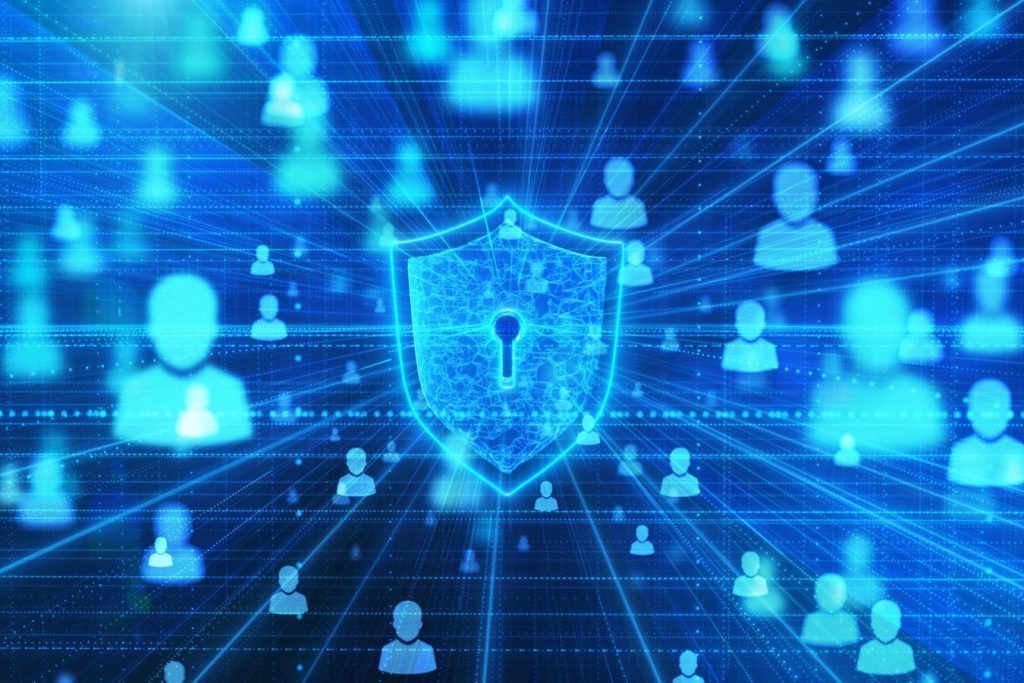Stefan Leipold CEO of STARKinc.biz & ProsSysCo.biz.
Most of you have heard a lot in the past month about cybersecurity, hacking attacks and many words that are strange to us, like man in the middle (“MITM”) phishing, spoofing, LifeLock, blueprinting, fingerprinting, crypto locker, VPN and so on, in the news and from media ads.
The big corporations throw these terms at their customers while selling many solutions to keep us kind of safe. To be honest, at this point, there are few big companies that have not suffered from a cybersecurity breach, and they often compromise millions of customers’ information. Recent victims include Reddit and American Airlines, as well as some LinkedIn users whose accounts were reportedly getting hacked in September 2023. So, what’s the right way to address this issue for different kinds of businesses?
Data Storage
Let’s get to it. First, where is your sensitive data located? Is it on-premise or in the cloud? If the data is stored on local PCs or servers, you should have it backed up in multiple places, such as a disaster-proof external drive or SaS (serial attached storage), as well as a weekly or monthly backup you take home or off-premise to a secure location. If you use hybrid local and online data storage, make sure your online service—like iCloud, Google Drive, OneDive or Carbonite—has the ability to recover files for a minimum of 30 days. Not all services do. Remember this: If I hack your cloud storage and delete everything in it, this change may synchronize to all your devices and cause you to lose your data if no local backup exists and the cloud service doesn’t provide recovery capabilities.
Firewalls
Now, let’s look at your corporate or home office. You need to have a firewall, not just a router from your provider. Well-known companies have responded to the huge rapid market change caused by the shift to remote work during Covid-19 and are now offering cost-effective, entry-level firewalls with the option to have your own VPN for your mobile devices.
You should have—no questions asked—a pro version of your antivirus software, as the free versions are often very limited in the protection they provide, and you can get a pro version for as low as $29 annually. Most of the attacks mentioned in the beginning of this article can be blocked by professional versions of antivirus software. When it comes to important work on-site or remotely, many firewalls offer coverage for 2-3 active internet lines at a time, so if one provider goes down due to an outage, the backup line jumps in immediately. I recommend one fiber, one coax and one 5G mobile line so you can take full advantage of SD-WAN (software-defined wide area network) technology. This allows you to balance your data flow and avoid internet downtime.
Wi-Fi Security
When it comes to your Wi-Fi, it’s essential to separate your networks, no matter if you work from home or your company’s office. Create one Wi-Fi network for your company/work and another network for your guests with client insolation activated. This means they can only see their own PC on the network and not any other device, so they can’t monitor or track data. Of all the companies I’ve evaluated in 65 countries, 99% of them have failed to create a correct Wi-Fi setup.
Spam Filters
It’s essential that you use your spam filtering and adjust the settings; many users don’t even know this is possible. If you are using Office 365 or G-Suite products, you can adjust how strict the spam filter is and what to do with potentially harmful software.
The Importance Of Education
But most importantly, no matter if you’re a huge corporation with thousands of employees or a one-man army, education about the latest cyber threats is super important. There are many sources out there that provide free education: For example, antivirus providers often share their latest studies for free, and their forums are a good source of knowledge any time you need it. Of course, cybersecurity specialists like me give many public speeches at events like New York Tech Week or cybersecurity summits. The golden rule is that good education and preparation are half the job.
When it comes to a human being asking you questions about passwords, pet names and birthdates, that’s a different level; hacking through human interaction can only be avoided by being alert and keeping private, sensitive information private. The word “private” says it all. Don’t share anything private or sensitive, no matter who is asking for it. Keep it on a need-to-know basis only. Remember: you can’t put a firewall in a human’s head.
Forbes Business Council is the foremost growth and networking organization for business owners and leaders. Do I qualify?
Read the full article here






